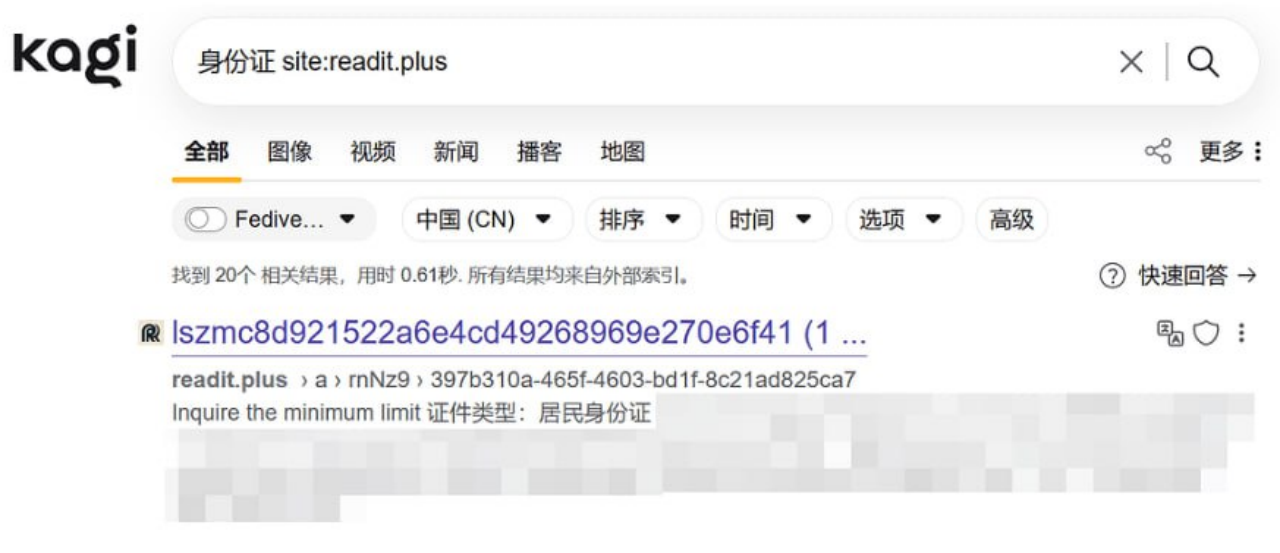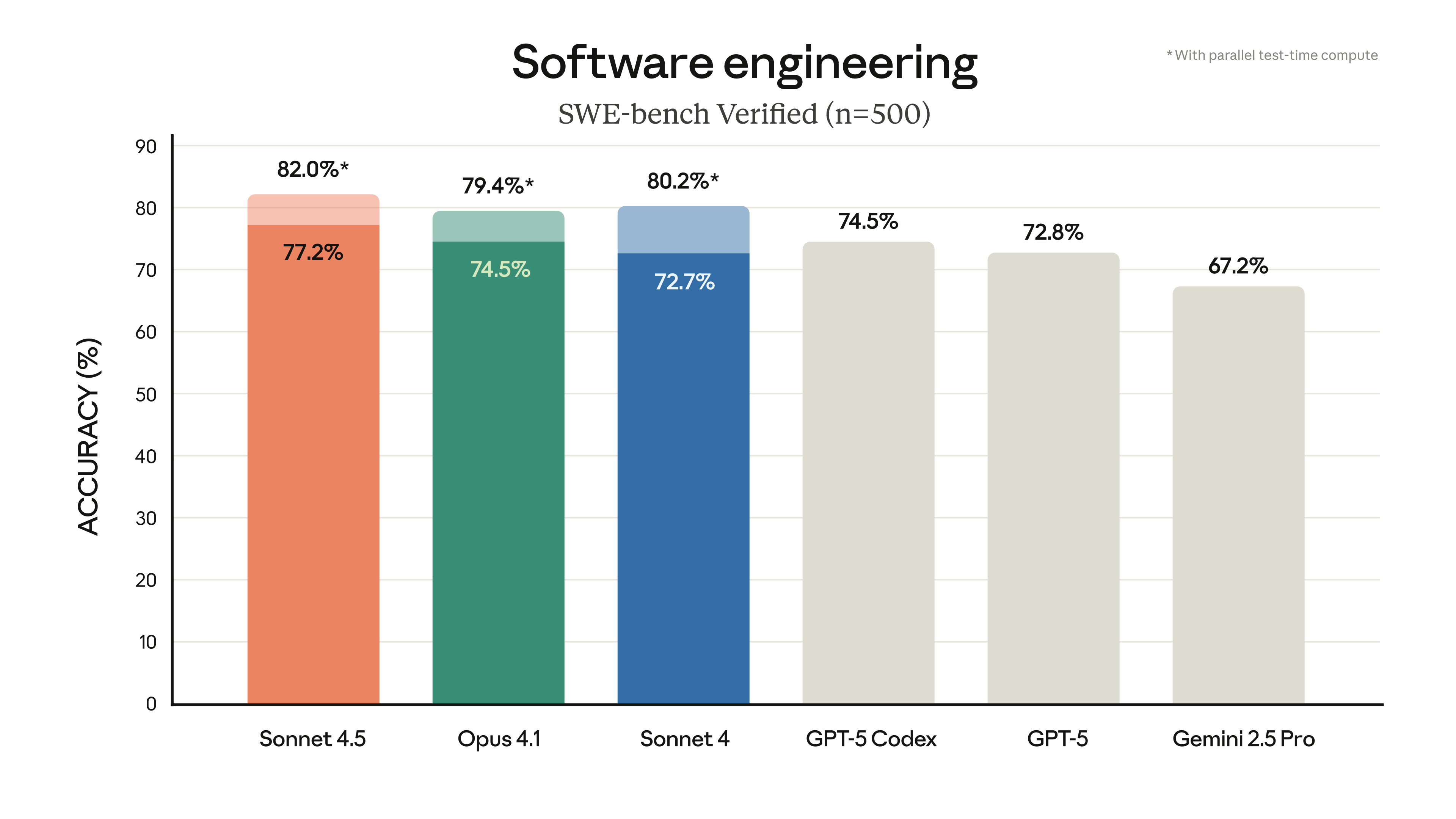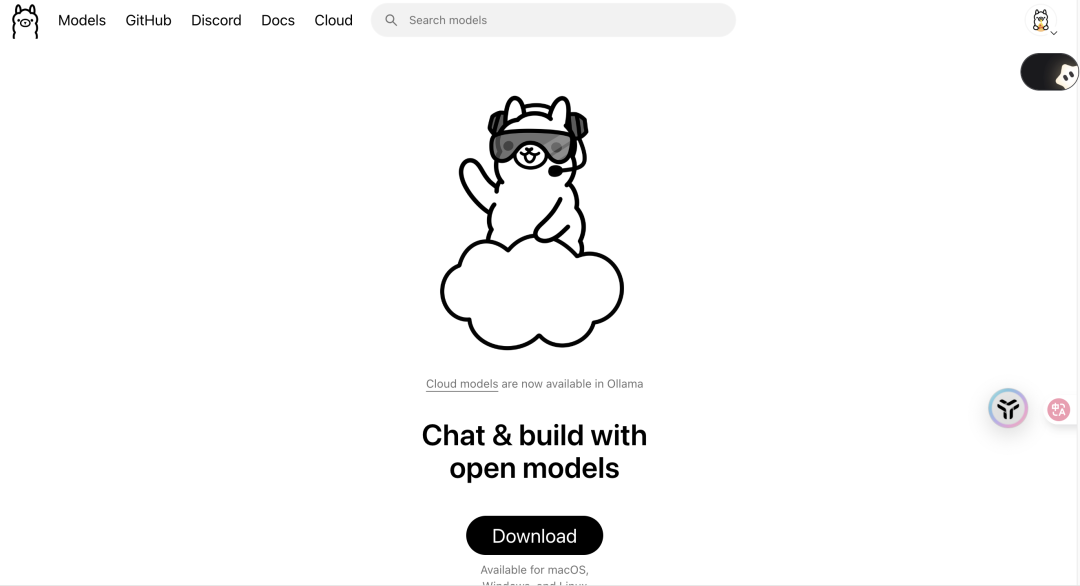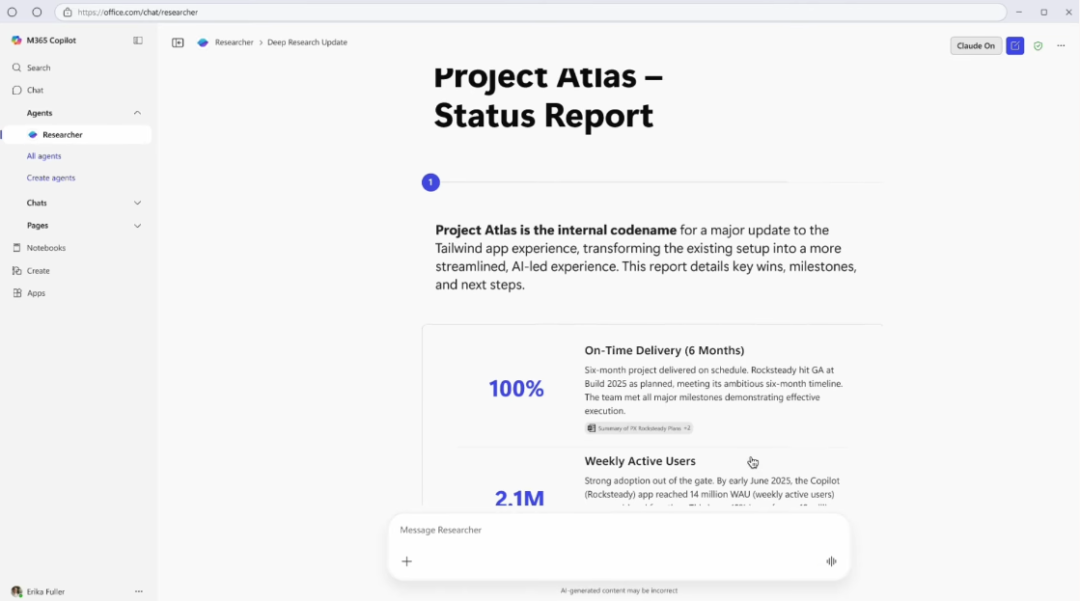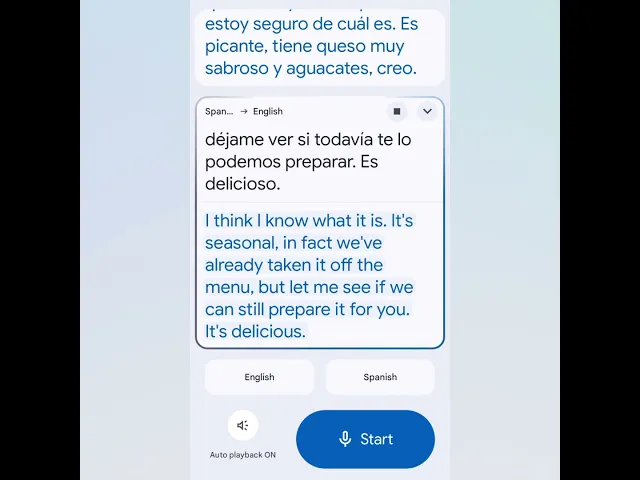Recently, the popular browser translation extension Immersive Translate The company has been involved in a serious data breach. A large number of "web page snapshots" containing sensitive user information, including high-value data such as business contracts, personally identifiable information, and even cryptocurrency private keys, have been found publicly exposed on the Internet. A copy of about 559.6MBThe name of the program is readit.site.tar.zst 's zip file has been circulating online, containing snapshot data leaked from the service.

The heart of the incident was not a traditional hack, but a serious design flaw in a feature of the extension called "Web Snapshot".
The Deadly Price of Public Sharing
According to the survey.Immersive Translate The snapshot feature is designed to help users generate a link to a translated web page as a standalone web page for sharing. However, these generated links are public by default and do not have any access passwords or encryption measures. This design is a direct result of the ease with which search engine crawlers can crawl the content of these snapshot pages and index them publicly, making them directly accessible to anyone who knows the link.
The developers of this extension Oven-Chan In an official statement released after the incident, the company admitted that it "grossly underestimated the likelihood that users would use it to share private content". This oversight was the direct cause of the crisis. When users translate and take "snapshots" of internal documents or private content containing confidential information for convenience, they are making that data public.
The deeper problem is that when users choose third-party online translation services (including various types of AI (translation), the raw text data must be sent to the service provider's servers for processing. This means that even if the user does not generate a snapshot, the sensitive data has already undergone a potential leakage session. The flaws in the snapshot feature turn this potential risk into public, permanent data exposure.
Remediation and reflection by developers
After the incident came to light.Immersive Translate 's development team has taken a series of urgent remedial measures. An official statement said that the team has disabled all the old, insecure snapshot links and urgently added a password-protected option for the new snapshot feature, where users can now create private snapshots that require a password to access. Also, a prominent security warning has been added to the feature's interface to remind users not to handle sensitive data.
This incident is yet another wake-up call: in software development, "convenience" must not come at the expense of "security by default". For tools that handle user data, developers have the primary responsibility to anticipate potential misuse scenarios and design security as part of the core functionality of the product, not as an add-on to make up for it after the fact. Mandatory passwords, link expiration dates, and clear privacy reminders should be standard.
For users in general, this also re-emphasizes the need to raise awareness of personal digital security. When dealing with any sensitive information, it is important to prioritize tools that can operate completely offline and to be wary of any service that requires an Internet connection. After all, once data is leaked onto the open Internet, it is almost impossible to completely erase it.


